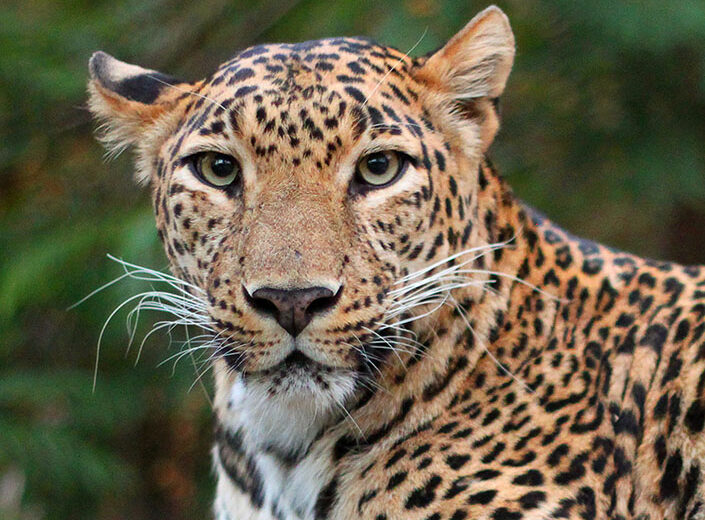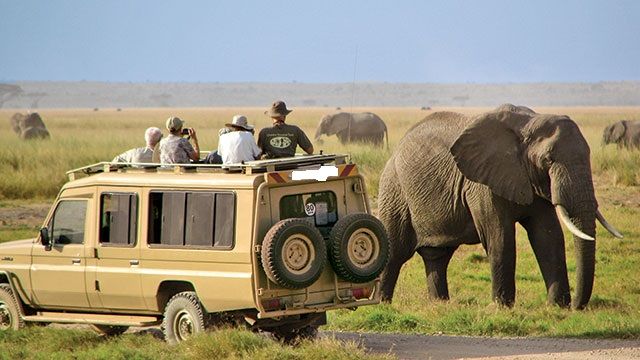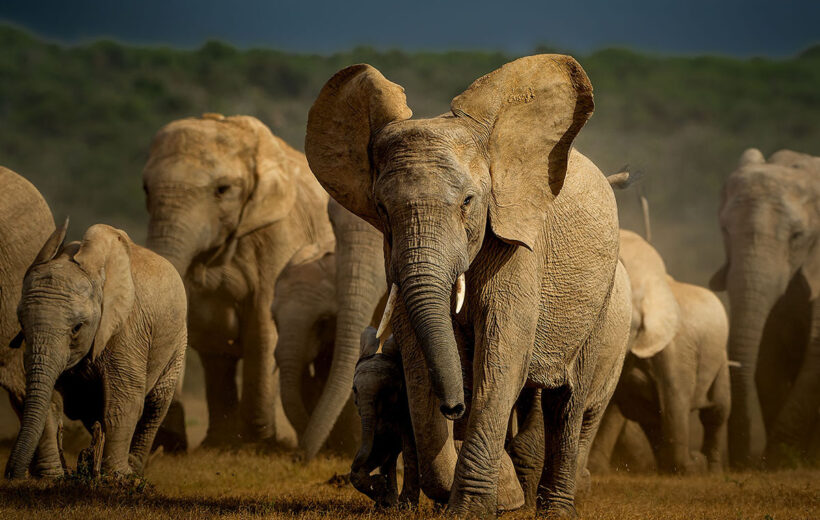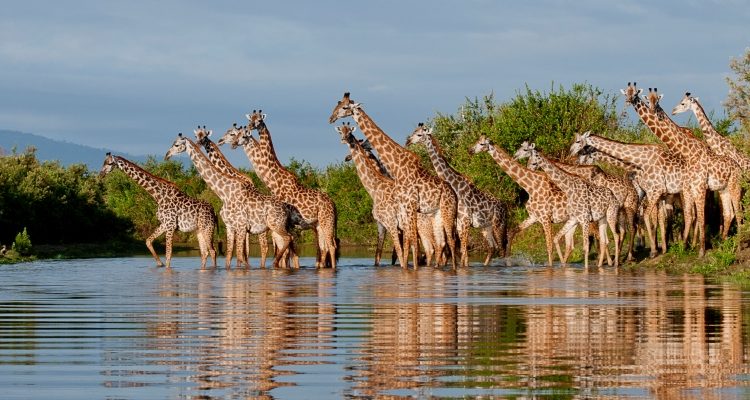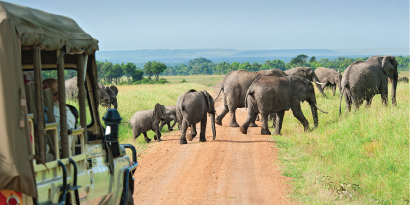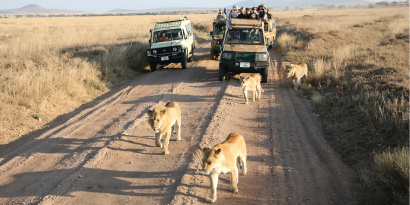hadzabe and datoga
The Hadza and Datoga
The Hadza and Datoga are indigenous ethnic groups in Tanzania, each with distinct cultural identities, traditional practices, and ways of life:
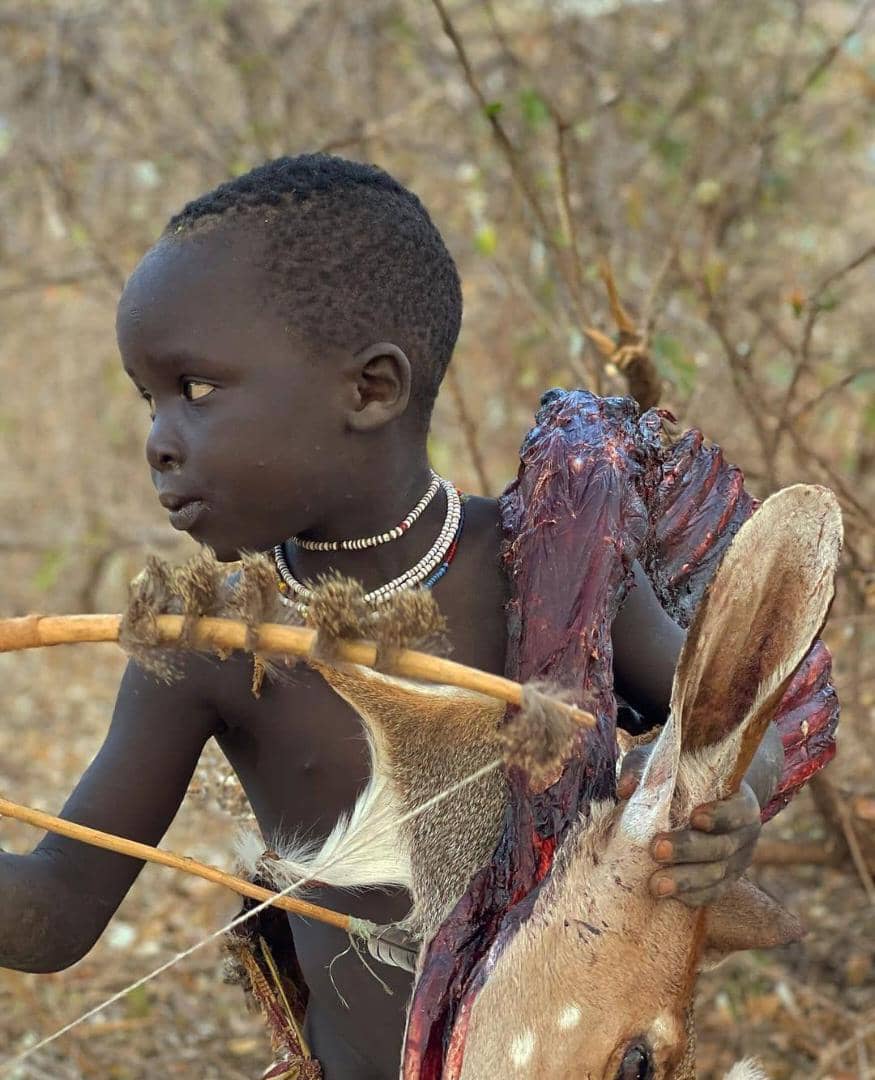
Key features of Hadzabe & Datoga
-
-
Hadza People:
- The Hadza are one of the last remaining hunter-gatherer communities in East Africa, known for their unique lifestyle centered around hunting wild game and gathering wild fruits and tubers.
- They inhabit the Lake Eyasi region in northern Tanzania, primarily living in temporary camps made of grass huts or caves. The Hadza are nomadic, often moving their settlements to follow wildlife and seasonal food sources.
- Their social structure is egalitarian, without formal leaders or chiefs. Decision-making within the community is typically communal and based on consensus.
- Hadza language, characterized by click consonants, is an integral part of their cultural identity, although some Hadza individuals may also speak Swahili.
- Their traditional knowledge of the environment, plants, and animals is extensive, and they possess remarkable hunting and foraging skills, using bows, arrows, and digging sticks for their subsistence.
- The Hadza maintain rich oral traditions, passing down stories, folklore, and cultural practices through generations.
Datoga People:
- The Datoga, also known as the Tatoga or Barabaig, are pastoralists primarily residing in the northern regions of Tanzania, including the Manyara and Singida regions.
- They are traditionally cattle herders and engage in agriculture, particularly growing maize, millet, and beans for subsistence.
- The Datoga are known for their skill in metalworking, particularly in crafting jewelry, tools, and weaponry using iron obtained from smelting iron ore.
- Their social structure is hierarchical, with elders holding significant influence and leadership roles within the community.
- Datoga women are known for their intricate beadwork and craftsmanship, often creating beautiful ornaments and decorative items.
- The Datoga have their language, but many individuals also speak Swahili, which is commonly used for communication outside their community.
- Similar to the Hadza, the Datoga preserve their cultural heritage through oral traditions, storytelling, music, and rituals that are passed down through generations.
Both the Hadza and Datoga communities contribute to Tanzania's cultural diversity, each with their unique customs, livelihoods, and contributions to the country's rich heritage.
-
Cultural Experience
- Overview
- Things To Do
- Things to Know Before
- Best time To Visit
- Cultural Experiences
- How To Get There
Certainly! Here are key features and distinctive aspects of the Hadza and Datoga ethnic groups in Tanzania:
Hadza People:
- Hunter-Gatherer Lifestyle: The Hadza are among the last remaining hunter-gatherer societies globally, relying on hunting wild game, gathering fruits, tubers, and honey for sustenance.
- Nomadic Lifestyle: They live in temporary camps and caves around Lake Eyasi, exhibiting a semi-nomadic lifestyle, moving locations based on seasonal food sources and wildlife.
- Egalitarian Society: Hadza communities lack formal leaders or hierarchies, making decisions collectively through consensus within the group.
- Unique Language: The Hadza language is characterized by distinctive click consonants and is considered one of the last click languages spoken in East Africa.
- Traditional Skills: Known for their extensive knowledge of the environment, hunting skills using bows and arrows, and expertise in foraging for wild edibles.
- Rich Oral Traditions: The Hadza preserve their cultural heritage through storytelling, folklore, and passing down traditional knowledge orally through generations.
Datoga People:
- Pastoralist Lifestyle: The Datoga are primarily pastoralists, herding cattle and practicing some agriculture, cultivating crops like maize, millet, and beans for subsistence.
- Metalworking Expertise: Renowned for their skill in metalworking, particularly crafting jewelry, tools, and weapons using iron obtained from smelting iron ore.
- Social Structure: Datoga communities have a hierarchical structure, with elders holding significant influence and leadership roles within the society.
- Craftsmanship and Artistry: Known for intricate beadwork and craftsmanship, especially by Datoga women, creating ornate jewelry and decorative items.
- Preservation of Heritage: Similar to the Hadza, the Datoga uphold their cultural identity through oral traditions, music, rituals, and passing down ancestral customs and knowledge.
- Language and Communication: While having their language, many Datoga individuals also speak Swahili, the common language used for interactions beyond their communities.
These key features define the unique identities and cultural heritage of the Hadza and Datoga, showcasing their distinct livelihoods, traditional skills, and contributions to Tanzania’s diverse cultural landscape.
Exploring the cultures of the Hadza and Datoga ethnic groups in Tanzania offers unique opportunities to engage in various activities and experiences that provide insight into their traditional ways of life:
Hadza People:
- Learn Hunting and Foraging Skills: Participate in hunting trips or foraging expeditions with Hadza men to experience their techniques for hunting game and gathering wild fruits, tubers, and honey.
- Join Gathering Expeditions: Accompany Hadza women on gathering expeditions to learn about local plant species and traditional methods of collecting edible wild foods.
- Cultural Immersion: Spend time in Hadza communities to experience their daily routines, observe communal decision-making, and engage in cultural activities such as storytelling, singing, and dancing.
- Language Learning: Learn some basics of the Hadza language, characterized by its unique click consonants, and practice communication with community members.
- Participate in Camp Life: Stay in temporary camps or grass huts with the Hadza, experiencing their nomadic lifestyle and gaining insights into their survival skills and resourcefulness.
Datoga People:
- Metalworking Workshops: Engage in metalworking workshops led by Datoga artisans to learn about their craftsmanship, including jewelry-making and blacksmithing using traditional methods.
- Cultural Demonstrations: Witness traditional Datoga ceremonies, rituals, or dances that showcase their cultural heritage and religious practices.
- Explore Pastoral Lifestyle: Join Datoga herders in tending to their cattle, understanding their methods of animal husbandry and pastoral lifestyle.
- Beadwork and Crafts: Learn beadwork and crafts from Datoga women, known for their intricate designs and artistic skills in creating jewelry and decorative items.
- Village Visits and Homestays: Visit Datoga villages, interact with community members, and consider homestays to immerse yourself in their daily life, customs, and traditions.
Participating in these activities allows travelers to engage meaningfully with the Hadza and Datoga communities, gaining a deeper understanding of their cultural practices, traditions, and ways of life while fostering cultural exchange and appreciation.
Before visiting the Hadza and Datoga tribes in Tanzania, it’s essential to consider several aspects to ensure a respectful and enriching experience:
Hadza Tribe:
-
Respect Cultural Differences: Understand and respect the Hadza’s way of life, customs, and traditions. Approach their community with an open mind and a willingness to learn without imposing external beliefs or values.
-
Permission and Guided Visits: Arrange visits through authorized tour operators or guides familiar with the community. Obtain permission from Hadza elders or community leaders before entering their settlements or participating in activities.
-
Minimal Impact and Sensitivity: Practice responsible tourism by minimizing your environmental impact. Respect their natural surroundings, avoid littering, and be considerate of their cultural norms and sensitivities during interactions.
-
Photography Etiquette: Ask for permission before taking photos or filming individuals, as some Hadza may be uncomfortable or consider it intrusive. Respect their privacy and cultural preferences regarding photography.
-
Communication and Language: Engage in friendly and respectful communication. While the Hadza language might be challenging to learn fully, making an effort to greet in their language or learn a few basic phrases can show respect and foster connections.
Datoga Tribe:
-
Cultural Sensitivity: Show respect for Datoga customs, beliefs, and traditions. Seek guidance from local guides or community leaders to understand appropriate behavior and cultural sensitivities.
-
Homestay Etiquette: If opting for a homestay experience, be open to learning and participating in their daily activities. Follow their customs, norms, and household rules while staying with a Datoga family.
-
Respectful Interaction: Approach community members with courtesy and humility. Listen attentively, ask questions respectfully, and engage in conversations without imposing external judgments or preconceptions.
-
Photography Consent: Respect individuals’ privacy and seek permission before taking photos or recording videos. Some Datoga may be willing to be photographed, while others might prefer not to, so always ask first.
-
Guided Tours and Cultural Interactions: Engage with authorized guides or operators who facilitate cultural interactions with the Datoga. These guides can provide valuable insights, bridge cultural gaps, and ensure respectful exchanges.
Respecting local customs, seeking permission, maintaining cultural sensitivity, and fostering genuine interest and respect are crucial elements when visiting the Hadza and Datoga tribes. Prioritizing responsible and ethical tourism ensures a more meaningful and mutually respectful experience for both visitors and the indigenous communities.
-
The best time to visit the Hadza and Datoga tribes in Tanzania can depend on various factors, including weather conditions, cultural events, and personal preferences. However, here are some considerations for planning your visit:
Hadza Tribe:
-
Dry Season (June to October):
- The dry season often provides more favorable conditions for visiting the Hadza. Clearer weather makes travel to their settlements more accessible, and wildlife sightings might also be more abundant.
-
Cultural Festivities:
- Consider visiting during traditional ceremonies or cultural events if you wish to witness and participate in their cultural practices and celebrations. Specific festival dates might vary each year.
-
Moderate Temperatures:
- Opt for months with moderate temperatures, such as the cooler months from June to August or the beginning of the dry season in May, for more comfortable travel conditions.
Datoga Tribe:
-
Dry Season (June to October):
- Similar to the Hadza, the dry season offers more accessible travel routes to Datoga settlements. Clear weather enhances the overall experience, and wildlife sightings may also be more prevalent.
-
Cultural Activities and Events:
- Plan your visit around significant cultural events or festivals within the Datoga community if you’re interested in witnessing their traditional ceremonies or celebrations.
-
Comfortable Temperatures:
- Visit during the cooler months, particularly from June to August, to avoid extreme heat and enjoy more pleasant temperatures during your interactions with the Datoga community.
Both the Hadza and Datoga tribes welcome visitors year-round, but the dry season, generally spanning from June to October, often offers more favorable weather conditions and accessibility to their settlements. However, cultural considerations and personal interests might also influence the best time for your visit to these indigenous communities. Consulting with local guides or tour operators knowledgeable about the tribes’ traditions and local conditions can help you plan a more enriching and suitable visit based on your preferences.
-
Experiencing the rich cultural heritage of the Hadza and Datoga people in Tanzania offers a fascinating journey into their traditional way of life. Here are cultural experiences that provide insight into their unique cultures:
Hadza Cultural Experience:
-
Hunter-Gatherer Lifestyle: Engage in hunting expeditions or join Hadza men on foraging trips to witness their hunting techniques, using bows, arrows, and gathering wild fruits, tubers, and honey.
-
Learning Hadza Language: Learn basic phrases or words in the Hadza language, characterized by its distinct click consonants, and communicate with community members to foster cultural exchange.
-
Participate in Gatherings: Spend time within Hadza communities, experiencing their communal lifestyle, engaging in storytelling sessions, singing traditional songs, and participating in dances that depict their cultural narratives.
-
Sharing Meals and Daily Activities: Join Hadza families during meal times, learning about their diet, food preparation methods, and participating in daily activities such as cooking or collecting firewood.
-
Camp Life Immersion: Stay in temporary camps or grass huts with the Hadza, immersing yourself in their nomadic lifestyle, understanding their shelter construction, and sharing in their daily routines.
Datoga Cultural Experience:
-
Metalworking Workshops: Participate in workshops led by Datoga artisans to learn about their metalworking craftsmanship, witnessing the intricate process of crafting jewelry, tools, and weaponry.
-
Cultural Rituals and Ceremonies: Witness traditional Datoga ceremonies, such as initiations, weddings, or spiritual rituals, offering insights into their religious beliefs, practices, and cultural heritage.
-
Beadwork and Craftsmanship: Engage with Datoga women skilled in beadwork and crafts, learning about their intricate designs and techniques for creating jewelry and decorative items.
-
Homestay Experience: Consider staying with a Datoga family to immerse yourself in their daily life, observe their social structure, participate in household activities, and gain firsthand knowledge of their customs and traditions.
-
Village Interaction: Visit Datoga villages, interact with locals, and engage in conversations to learn about their social structure, traditions, and the significance of their cultural practices.
These cultural experiences offer an opportunity for travelers to engage respectfully with the Hadza and Datoga communities, fostering cultural understanding, appreciation, and meaningful exchanges that contribute to preserving their unique heritage.
Getting to the Hadza and Datoga tribes’ territories in Tanzania typically involves travel to specific regions followed by arrangements made with local guides or tour operators familiar with the area. Here’s a general overview:
Hadza Tribe:
-
Arrival in Arusha or Lake Eyasi Region:
- Arusha serves as a common starting point for travels to the Lake Eyasi region, where the Hadza reside. Flights to Kilimanjaro International Airport (JRO) in Arusha are available from various international destinations.
- From Arusha, travelers can either take a domestic flight or arrange overland transportation to reach the Lake Eyasi area.
-
Local Guides or Tours:
- Visitors often arrange guided tours or excursions with local tour operators or guides familiar with the Hadza territory. These guides provide essential insights, organize visits to Hadza settlements, and facilitate cultural interactions.
-
Travel Logistics:
- Overland journeys to Lake Eyasi might involve a combination of private vehicles, public transportation, or guided tours, depending on the chosen travel method and arrangements made with tour operators.
Datoga Tribe:
-
Access to Northern Tanzanian Regions:
- The Datoga predominantly reside in areas around Manyara and Singida regions in northern Tanzania. Similar to reaching the Hadza, travelers often arrive in Arusha or Kilimanjaro International Airport (JRO).
-
Local Guides and Tours:
- Engage local guides or tour operators with knowledge of Datoga settlements and cultural practices. These guides facilitate visits, provide cultural insights, and arrange homestay experiences or cultural interactions.
-
Transportation Options:
- Overland travel using private vehicles, hired transportation, or guided tours might be necessary to reach specific Datoga villages or regions. It’s advisable to arrange transportation in advance with knowledgeable guides or tour operators.
Navigating to the Hadza and Datoga territories involves a combination of travel logistics, engaging with local guides or tour operators, and potentially arranging specialized tours or visits to ensure respectful and enriching interactions with these indigenous communities. Local knowledge and guidance are crucial for a more seamless and culturally sensitive experience when visiting these tribes

